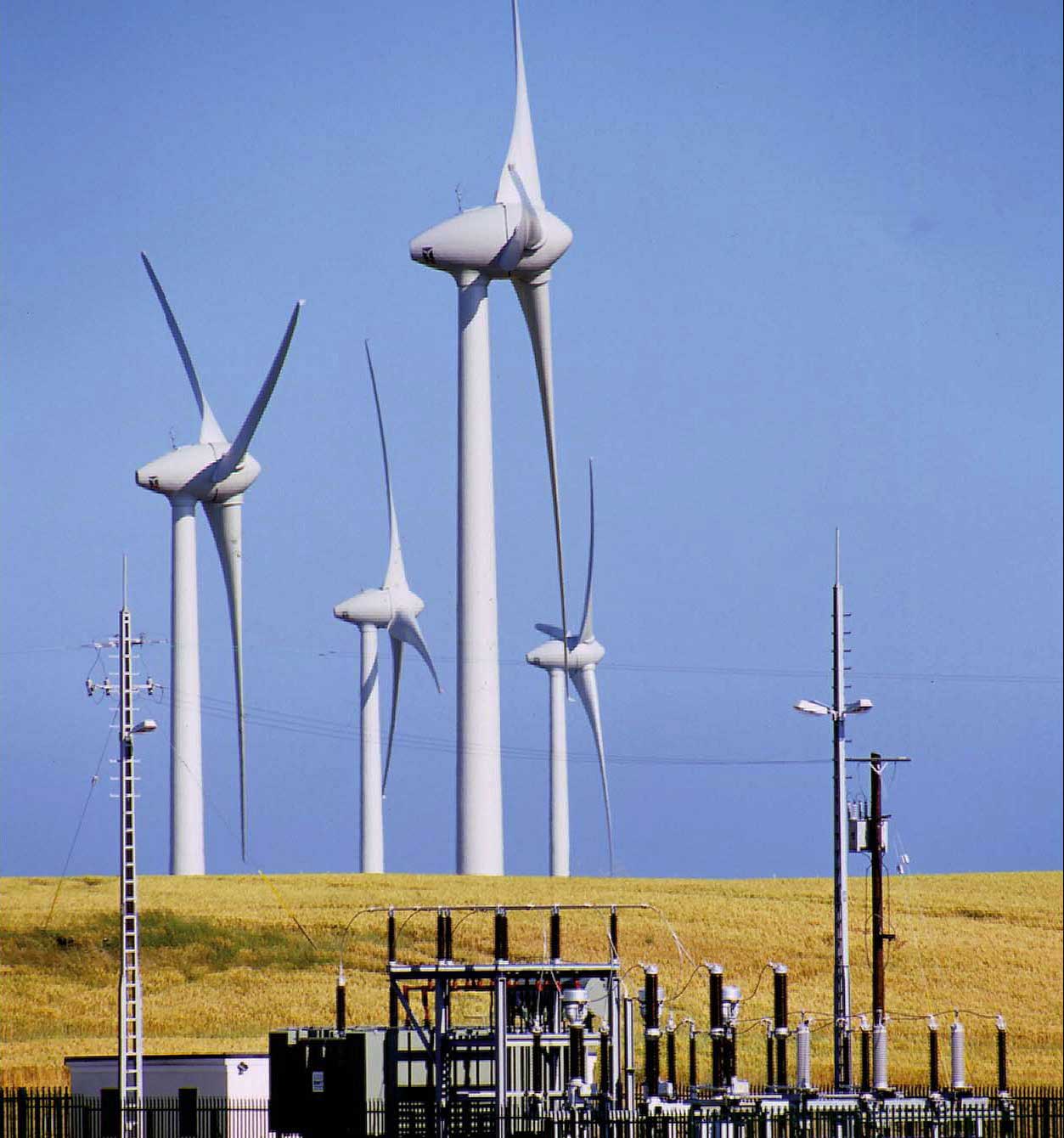How We Help Enable the Clean Energy Transition
The challenge for our planet: We need to reduce fossil fuel emissions
Climate scientists are confident that humans are the key cause of climate change. Record-breaking temperatures, humidity, and sea level rise, along with many other indicators, show that the Earth is warming fast, and that all the heat-trapping emissions we release into the atmosphere from burning fossil fuels is changing our climate.
We need to transition quickly from burning fossil fuels to an all-electric world powered almost entirely by renewables.
The challenge for many clean tech innovators: Building commercial momentum
- Many clean tech companies are founded by visionary engineers and scientists with deep expertise in a technical area. But often these firms need to capture a certain level of momentum before they can attract accomplished commercial executives and a full team of commercial experts. With creativity and grit, these firms hope to gain enough early customer traction to convince talented commercial professionals to join the team. But there is a “chicken and egg” problem that isn’t easy to overcome – – how do you generate an exciting level of customer traction without having all the commercial talent necessary to disrupt your target market?
- Clean tech companies usually operate in highly regulated industries with large incumbent suppliers that have been serving their customers for many decades. Many incumbents are large political donors and have strategically built in regulatory and other obstacles to new entrants. And these challenges compound the significant barriers that most young companies (beyond cleantech) face in trying to build momentum for a new business.

How young companies build momentum
In the business masterpiece “Good to Great” , Jim Collins describes how young companies usually invest tremendous effort into building their business without much noticeable effort.
- For those that succeed, there often appears to be a “breakthrough moment” when customer perspectives shift, and the new company becomes intriguing enough for some target customers to consider. These observations invite climate investors to ask, “what happens to cause these breakthrough moments and how do we provide those breakthrough moments to clean tech companies that can materially impact the battle against climate change?”
How can we provide “breakthrough moments” to clean tech companies that can materially impact the battle against climate change?
What is a Flywheel?
But try to imagine the effort required to begin rotating a 30-foot diameter, 5,000-pound disk. When the disk is still at the start, energy invested in rotating the disk will often appear to be having little effect. But eventually, the disk will start spinning and it become much easier to move. And once spinning fast, the heavy disk can provide tremendous energy and momentum.
What is the business implication?
Jim Collins argues that there is a flywheel effect with regards to launching new businesses. And he argues that the “breakthrough moment” where you can feel a young company gaining momentum is usually the result of considerable effort that didn’t appear to be having much impact until that breakthrough moment occurs. But once that moment occurs, the business can gain momentum very fast and displace competitors that previously appeared immune to competition.
A business example of the Flywheel Effect: Amazon.com
One of the best-known examples of a flywheel in business was the strategy developed by Amazon. As the story goes, Jeff Bezos drew Figure 1 on a napkin, and this vision became the recipe for building one of our world’s most valuable businesses. Amazon started with “true customer obsession” and set out to build a bookstore that offered superior selection at the lowest prices. And the more customers they earned with their superior selection and prices, the lower their cost structure, which ensured that the cycle would continue building upon itself. Soon, most of us were buying a lot more than books from Amazon.
A “chicken and egg problem” – Why young companies struggle to build commercial momentum
Collins argued that in order to build a great organization, you need disciplined executives, who engage in disciplined thought and take disciplined action to get the flywheel spinning. But it is often difficult for clean tech companies to attract these experienced and disciplined leaders to their commercial team when most accomplished commercial executives want to work for companies that have already established commercial momentum.




